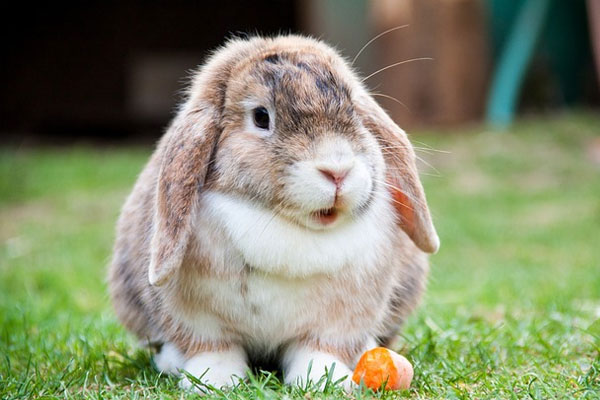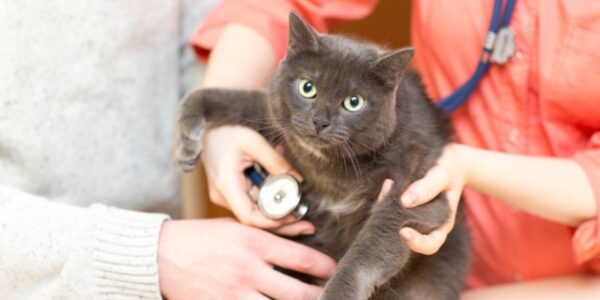- Baby bunnies are commonly referred to as kittens.
- A rabbit’s teeth never stop growing (this is why rabbits love to chew).
- Female rabbits are referred to as does.
- Male rabbits are referred to as bucks.
- The backbone of a rabbit is very fragile and can break easily when handled improperly or if a rabbit is dropped on its back.
- Domestic rabbits are born without fur.
- Rabbits are generally the most active during the evening and early morning.
- When rabbits grind their teeth it can sound like a purr.
- Rabbits are nearsighted.
- Rabbits are classified as mammals.
- Rabbits are not rodents but can resemble them in appearance.
- The largest number of kittens every born in a litter is 24!
- A rabbit has five toenails on its front two paws and four toenails on its back two feet,for a total of 18.
- The longest rabbit ears ever recorded measured 79cm long.
- The world’s heaviest rabbit is Darius at 22kg.
- Hundreds of years ago, rabbits were often released on deserted islands in hopes of giving shipwrecked sailors a reliable food source.
- There are over 150 recognised rabbit coat colours and varieties.
- The current world record for a rabbit long jump is three metres.
- The current world record for the rabbit high jump is one metre.
- A rabbit will eat its own cecotropes (night droppings)- they are a valuable source of protein.
- In ancient Egypt, rabbits were used as sport for dog racing.
- Rabbits were an important home meat supply during World War II.
- There are around 180 different rabbit breeds worldwide.
- Rabbits can be litter trained.
- A pet rabbit can live as long as 10 years.
- Rabbits need hay to assist the digestive system and prevent fur balls in their stomach.
- Rabbit droppings make an excellent garden fertiliser.
- Rabbits can jump 90cm and higher.
- When rabbits are happy, they will jump and twist. This is called a binky.
- Predators can literally scare a rabbit to death.
- Rabbit whiskers are as wide as the body (so they can feel their way in tunnels and not get stuck).
- Rabbits’ noses twitch 20 to 120 times per minute (faster when excited or stressed and slower when relaxed or sleeping).
- Rabbits can’t see directly in front of their nose but can see behind them (to keep an eye out for danger approaching).
- Rabbits lick each other and humans as a sign of affection (the ‘top bunny’ will request grooming from subordinates).
- Rabbits shed hair when you hold them and they are stressed (a defence mechanism, to wriggle free from a predator’s grip).
- Rabbits can sleep with their eyes open (a useful trick but disconcerting for us).




